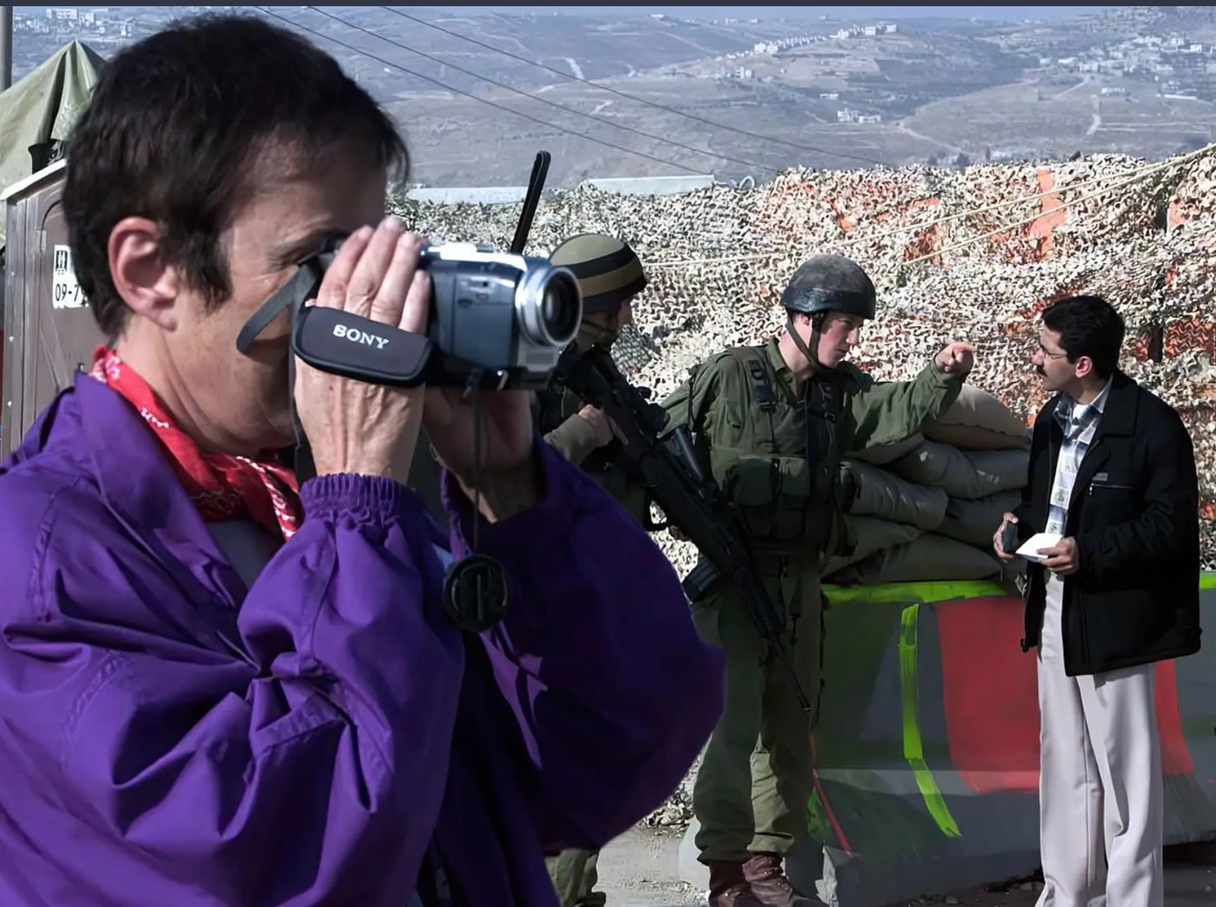Can peace come from within Israel?
• public
When Israel waged war on Gaza in 2021, I wrote that a just peace could not come from inside Israel. Since then, some have called my take arrogant and condescending toward the Israeli left.

So I want to explain, because I feel very connected to Israel's anti-occupation left and I identify deeply with it.
When I wrote it in 2021, I explained that peace could not come from inside Israel because the vast majority of Israelis (and Zionists around the world) know a parallel history, one that erases the Nakba, apartheid, and a litany of injustices against Palestinians. This and 100 years of conflict, which have led to a deep dehumanization of Palestinians, mean that Israeli society is not capable of envisioning what justice could look like, and much less transforming itself to achieve this justice.
I was pretty convinced of this in 2021, but the current war is making things much worse—and it was very clear in my conversations with relatives, friends, acquaintances in Israel or in the Zionist diaspora over the past two months. A large majority genuinely believe that Hamas is an existential threat to Israel (and I mean this literally: they are very afraid); they genuinely believe that in the current war, Israel is a force for good fighting pure evil; they genuinely believe that Israel is not at fault for all the civilian deaths in Gaza and that only Hamas can be blamed for it; they genuinely believe that Israel could not have responded to the October 7th massacre any other way.
For the past 30 years, Israeli society has become more nationalistic and more extremist, in large part because of these entrenched narratives. Before October 7th, the anti-occupation left was already a marginal actor in Israeli politics: in the last elections, it got a grand total of 10% of the vote and 8% of parliamentary seats. But the vast majority of these came from Palestinian citizens of Israel, who are deeply marginalized in Israeli politics. Within the Jewish population, the anti-occupation vote is almost negligible.
But since October 7th, we've entered a whole new level of dehumanization of Palestinians and extremism in Israeli society. Most people I know in Israel, who used to be anywhere between the center and Zionist left, have embraced right-wing talking points to justify the war. The "peace camp" has largely disappeared and it will take years, perhaps decades, for a new leftist movement to become a significant force in Israeli politics. There is little doubt that in the coming months and years, Israel's turn to right-wing, nationalist, and extremist policies will accelerate, and it will get much worse than it was before October 7th.
This doesn't mean that Israel's anti-occupation left is non-existent or useless. Very, very far from it. The anti-occupation left still exists—some of my relatives and friends are active participants. It doesn't just exist, anti-occupation activists play a critical role in the fight for Palestinian freedom: they report, document, investigate, and expose Israeli apartheid and violence, with unique insights and perspectives that only they have access to; they offer genuine support to Palestinians whose fundamental rights are violated by Israel in ways that no one else could (my aunt went, for years, to film Israeli soldiers at military checkpoints in the West Bank to document potential abuse); they build real solidarity and mutual aid with Palestinians, showing the world that there is nothing idealistic or naive about relationships between Jews and Arabs that are based on real care and reciprocity. Even if its voice in Israeli politics is minuscule and marginal, Israel's anti-occupation left is critical.
But it's not because it exists and that it does critical work that Israel's anti-occupation left can achieve Palestinian liberation. It would take decades of steady mobilization and advocacy to shift the tide in Israeli politics from the inside—to re-humanize Palestinians in the eyes of most Israelis, to roll back the political power of settlers and the far-right, and to build a political coalition willing to radically challenge the status quo. As repeated wars in Gaza and continued ethnic cleansing in the West Bank show, we do not have decades.
Israel's anti-occupation left is a necessary component to achieving Palestinian freedom, but it is far from sufficient. Only external actors can build enough pressure on Israeli society, and do so fast enough to avoid more tragedies like the one we are currently living. And that means consumer boycotts, corporate divestment, and state sanctions against Israel.
